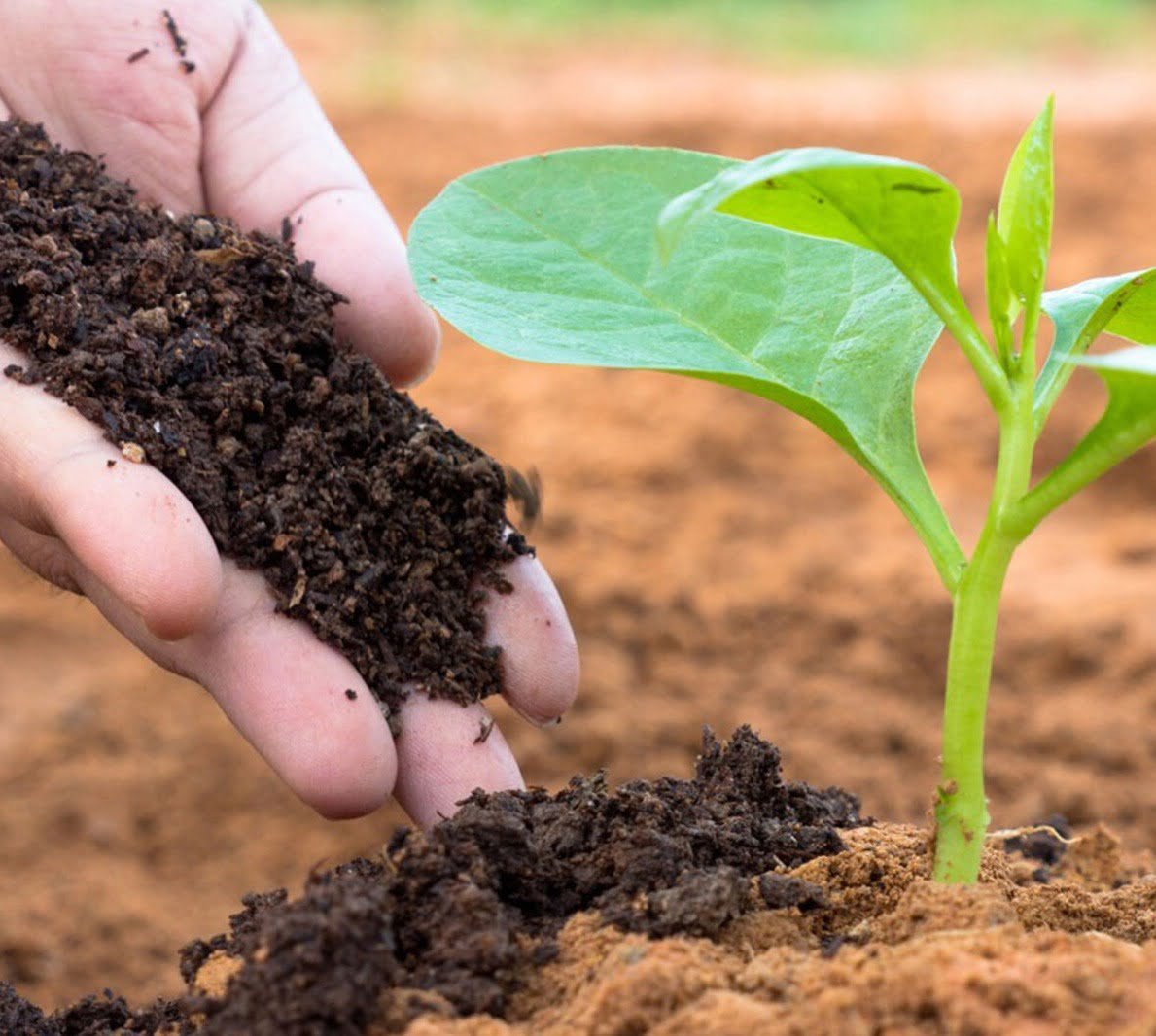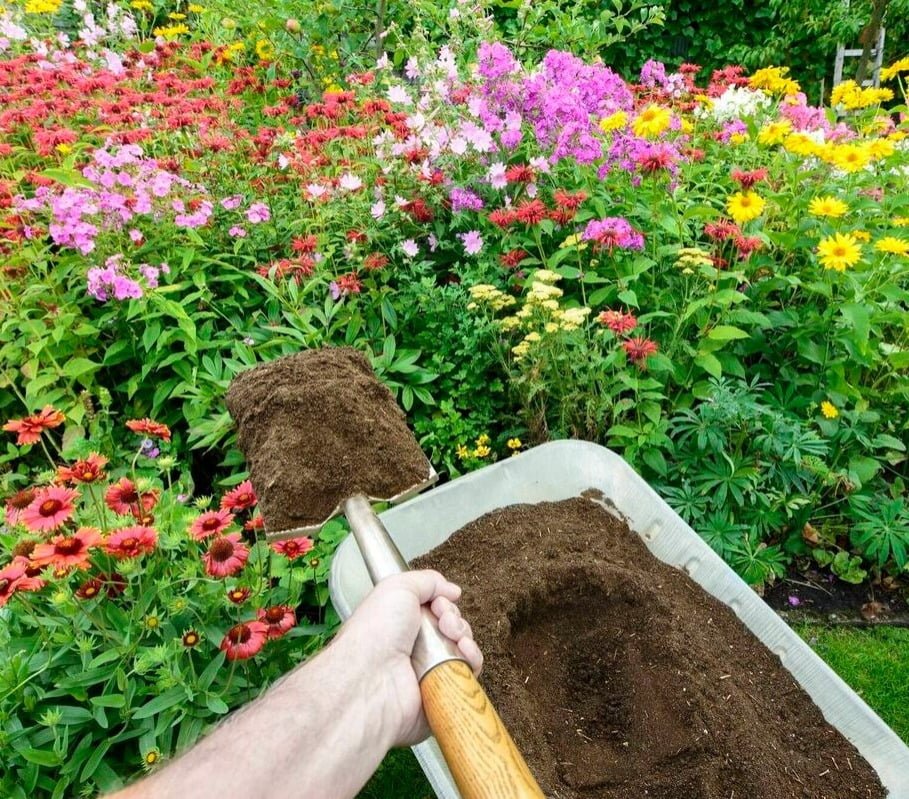Explore the world of peat-free gardening and uncover the truth behind common myths. Our comprehensive guide busts misconceptions, providing valuable insights and practical tips for adopting sustainable alternatives that nurture your plants while protecting the environment.
Peat-Free Myths Busted!

As gardeners, we share a deep appreciation for nurturing plants and contributing to a greener world. However, the traditional use of peat-free gardening has raised environmental concerns due to its non-renewable nature and the destruction of valuable peatlands. In recent years, the demand for peat-free alternatives has grown but some myths and misconceptions may hinder their widespread adoption. In this article, we’ll bust these myths and shed light on the benefits and practicalities of embracing peat-free gardening.
Myth 1: Peat-free composts are inferior to peat-based ones.

Reality: This myth couldn’t be further from the truth. High-quality peat-free composts are formulated using a carefully balanced blend of organic materials, such as bark, coir, wood waste and green compost. When properly composted and aged, these materials provide excellent structure, water retention and nutrient-holding capabilities, making them equal or even superior to peat-based composts.
Myth 2: Peat-free mixes are difficult to find and expensive.
Reality: While peat-free options were once harder to come by, they are now widely available in most garden centers and online retailers. As demand for sustainable gardening products continues to rise, the market has responded with an increasing selection of affordable peat-free alternatives. Many major compost brands now offer peat-free options at competitive prices.
Myth 3: Peat-free composts don’t hold moisture as well as peat-based ones.

Reality: Proper moisture retention is essential for plant growth and peat-free composts can perform just as well as their peat-based counterparts in this regard. The key lies in the carefully formulated blend of ingredients. Coir, for instance, is an excellent water-retaining material, while composted bark and wood fibers provide aeration and structure. When combined appropriately, these materials create a moisture-retentive yet well-draining growing medium.
Myth 4: Plants won’t thrive in peat-free composts.
Reality: This myth couldn’t be farther from the truth. Countless gardeners and professional growers have successfully cultivated a wide variety of plants using peat-free composts. From vibrant flowers to lush vegetables and even delicate seedlings, peat-free mixes have proven their capability to support healthy plant growth. The key is to choose a high-quality peat-free compost tailored to your specific plants’ needs.
Myth 5: Peat-free composts are prone to compaction and poor drainage.
Reality: While it’s true that some early peat-free mixes struggled with compaction and drainage issues, modern formulations have addressed these concerns. Today’s peat-free composts often incorporate materials like composted bark, rice hulls or perlite to enhance aeration and prevent compaction. Additionally, proper soil preparation and mixing techniques can further improve drainage and prevent waterlogging.
Embracing Peat-Free Gardening: Benefits and Practical Tips
Now that we’ve busted the myths surrounding peat-free gardening, let’s explore the benefits of making the switch and some practical tips for getting started:
Environmental Benefits:
- Preserving Peatlands: Peatlands are vital carbon sinks and biodiversity hotspots, but their extraction for horticultural use has caused significant environmental damage. By choosing peat-free alternatives, you’re contributing to the preservation of these precious ecosystems.
- Reducing Carbon Footprint: The extraction and transportation of peat release significant amounts of greenhouse gases into the atmosphere. Peat-free composts have a lower carbon footprint, making them a more environmentally friendly choice.
- Supporting Sustainable Practices: Adopting peat-free gardening promotes sustainable practices and encourages the development of more eco-friendly gardening products and techniques.
Practical Tips for Successful Peat-Free Gardening:

- Start with Quality Peat-Free Compost: Choose a high-quality peat-free compost from reputable brands. Look for mixes tailored to your specific gardening needs, such as seed starting, potting, or outdoor planting.
- Adjust Watering Habits: Peat-free composts may have different water retention capabilities compared to peat-based mixes. Monitor soil moisture levels and adjust your watering schedule accordingly.
- Incorporate Organic Matter: Adding well-rotted organic matter, such as compost or aged manure, can improve the structure and nutrient content of your peat-free growing medium.
- Mulch Regularly: Applying a layer of organic mulch around your plants can help retain moisture, suppress weeds, and gradually improve soil quality as it breaks down.
- Experiment and Adapt: Every garden and growing environment is unique. Don’t be afraid to experiment and make adjustments to find the perfect peat-free mix and gardening techniques that work best for your specific needs.
Embracing peat-free gardening is not only an environmentally responsible choice but also a practical and rewarding endeavor. By debunking the myths and understanding the benefits, you can confidently transition to sustainable alternatives that nurture your plants while protecting the planet. Remember, every gardener has the power to make a positive impact, one peat-free step at a time.